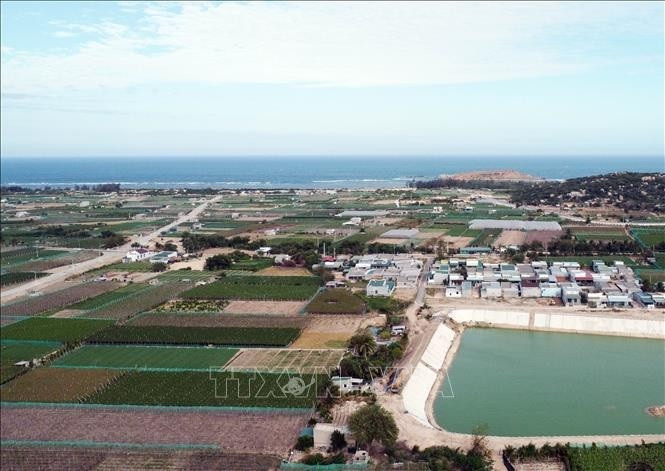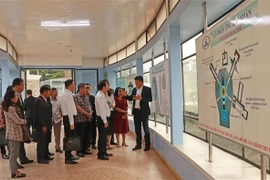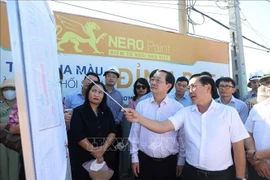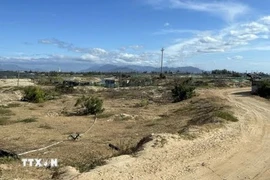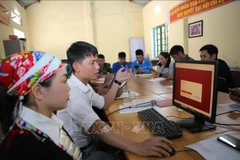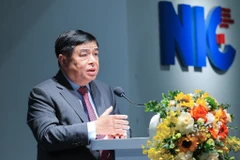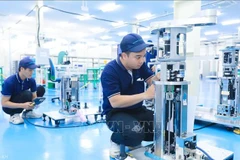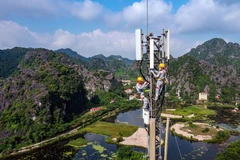Hanoi (VNA) – After an eight-year pause, Vietnam is resuming its Ninh Thuan nuclear power project, a move experts say demands specialists to guarantee safe and efficient operations as preparations accelerate.
Dr. Tran Chi Thanh, Director of the Vietnam Atomic Energy Institute (VINATOM) under the Ministry of Science and Technology, stressed the importance of training a skilled management and operational team.
VINATOM will collaborate with relevant agencies to enhance workforce skills, bolster scientific and technological capabilities, and support industrial production to meet stringent quality and safety standards.
The institute will also serve as a technical and safety advisor for the country's nuclear energy, he said.
Prof. Pham Duy Hien, former deputy head of VINATOM, pegged Vietnam’s current tally of nuclear professionals at roughly 400. It’s a start, but far short of what’s needed to run even a single plant. “To get the first reactors humming, we’ll need more specialists. International partners need to commit to continuous training until the plant is operational”, he said.
He was clear that training is only half the battle. Regulatory agencies must be led by sharp-eyed experts capable of dissecting proposals from global partners with rigor. For now, Vietnam can only deploy 2-4 four reactors. The long-term vision is more expansive: a sustainable nuclear programme to anchor energy security.
VINATOM held that the nuclear technology for the initial phase should be Generation III+, which has already been adopted in many parts of the world thanks to high installed capacity, can meet Vietnam’s electricity demand in the early stage.
The Ninh Thuan project, shelved in 2016 over cost and safety concerns, is more than an energy fix. “It’s a catalyst for advancing our scientific, technological, and industrial capacity,” Thanh added./.
